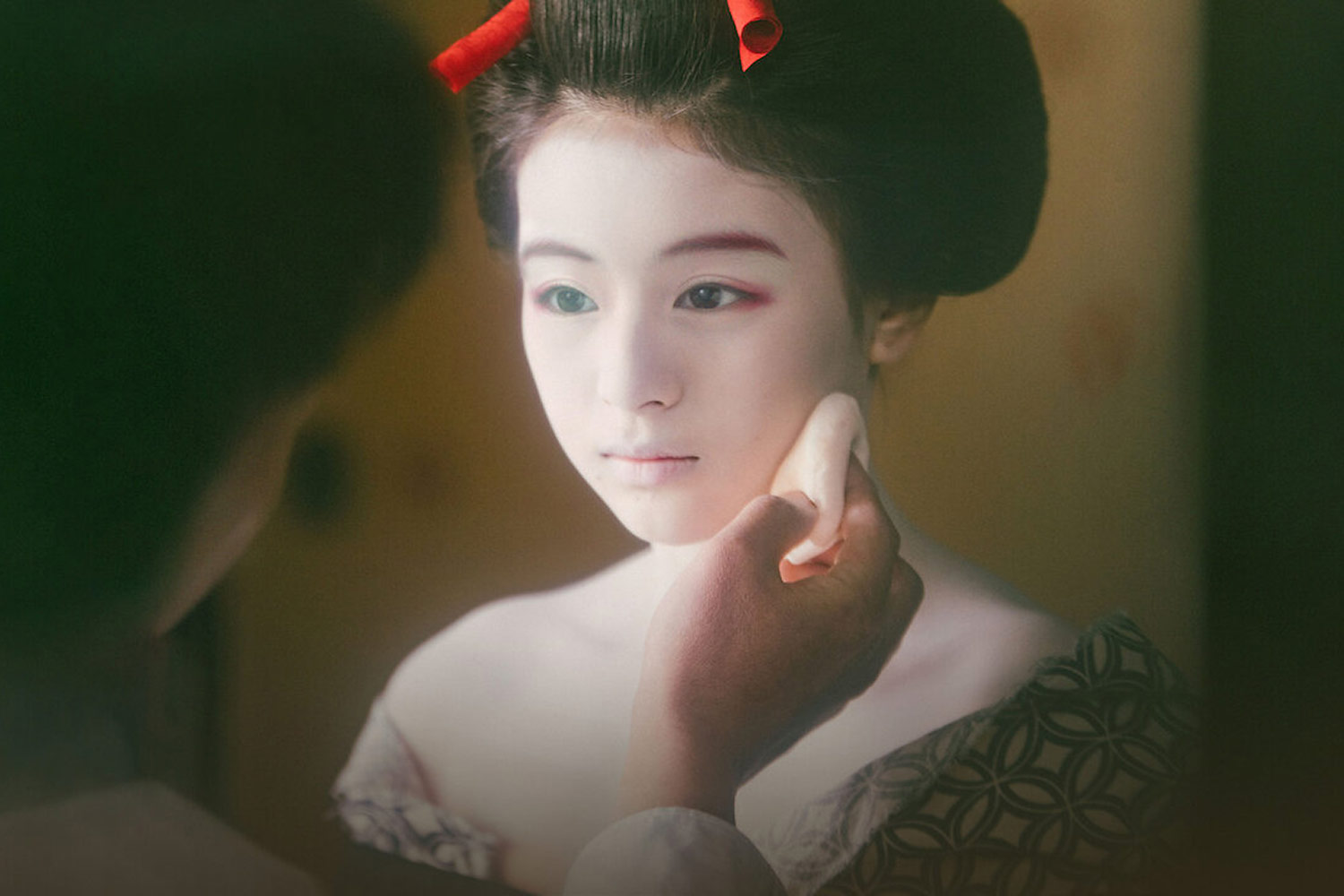Veteran filmmaker Hirokazu Kore-eda became known after winning the Palme d'Or at the 2018 Cannes Film Festival for the crime drama Shoplifters despite having directed films and TV series for nearly three decades. Renowned for his gentle sense of pacing, simple yet beautiful cinematography, and a focus on the complexities of family relationships, he showcased his skills in previous works such as After The Storm (2016), Like Father, Like Son (2013) and Nobody Knows (2004). However, the one that has stuck in my mind to this day is Our Little Sister (2015), a female-focused drama that gave us a cosy, heartwarming family story, along with rich cultural and beautiful vistas of the Japanese countryside.
The new Netflix drama series The Makanai: Cooking For The Maiko House gave me that same feeling of warmth as Our Little Sister. The Makanai is based on an original manga of the same name by Aiko Koyama, with the story following two 16-year-old friends who decide to leave their hometown for Kyoto to chase their dreams. Spearheaded by Kore-eda, this nine-episode series is a beautiful slice-of-life tale that explores both the traditional world of geishas in Kyoto, as well as the joy and comfort of food.
After graduating junior high in rural Aomori, Kiyo (Mori Nana) and Sumire (Natsuki Deguchi), decide to move to Kyoto, intending to train as apprentice maikos (apprentice geiko/geisha). We follow along as both girls try their best to adjust to life in the maiko house, where they meet and live with other trainees whose relationships are formed around the idea of a family unit. But while Sumire is soon identified as a natural talent in traditional arts, Kiyo fails to keep up with the others and she is told she is not suited to being a geisha. However, before a tearful Kiyo returns to Aomori, her skill for cooking is discovered, and she is hired as a makanai, a traditional cook who prepares the meals within the maiko house.
For those who live outside Japan, the concept of maiko and geisha remains a mystery. Some people even confuse geisha for prostitutes when the two are not the same. While we may have seen the Western-made movie Memoirs Of A Geisha (2005) that sort of gave foreigners a window into that world, it was not the best depiction of this traditional heritage. Geisha comes from the kanji for art and person, so it literally means artist. In any case, their practice is traditional art, especially dancing and music, and entertaining customers with the art of conversation and fun party games. That's where a show like The Makanai can be helpful, because what you see here conceptually is not only accurate but also authentic. Everything from the design and make-up to the costumes and traditional dance choreography are done with delicate care and attention to detail.
While the title may suggest it's a drama about cooking, and yes there are many scenes of delightful Japanese cuisine, The Makanai is actually much more than that. It's a coming-of-age tale and a touching story of a beautiful friendship. There is something subtle about that culture which pulls you in and makes you want to be kinder, less selfish and more grateful for life's simple pleasures. The chemistry between Kiyo and Sumire is pleasing. With their interactions and a bit of humour here and there, you'll find yourself giggling along with the characters. It's downright infectious.
The two are surrounded by supporting characters that are eccentric and bold. One of them is Momoko (Ai Hashimoto), who has seniority and is the town's number one maiko. Her character is vibrant and full of mystery as you watch her mentoring the young Sumire to become the next best maiko.
The drama in this show is not designed to be too confrontational although there is rivalry and some of the character dynamics can get seemingly tense. There's even an episode about a disapproving father. But there is no real conflict, so the story moves on, almost in the background somehow. Every episode ends with an uplifting note, just like every episode begins with Kiyo's mouthwatering tasty food.
The Makanai: Cooking For The Maiko House is a wonderful little show that helps you understand female empowerment in a different culture and clarify the old misconception of geisha not as high-end prostitutes but as delicate and respected purveyors of tradition and historical art in Japanese society. It's the kind of show that I really hope will have a second season.
- The Makanai: Cooking For The Maiko House
- Starring Nana Mori, Natsuki Deguchi, Ai Hashimoto
- Created by Hirokazu Kore-eda
- Now streaming on Netflix

